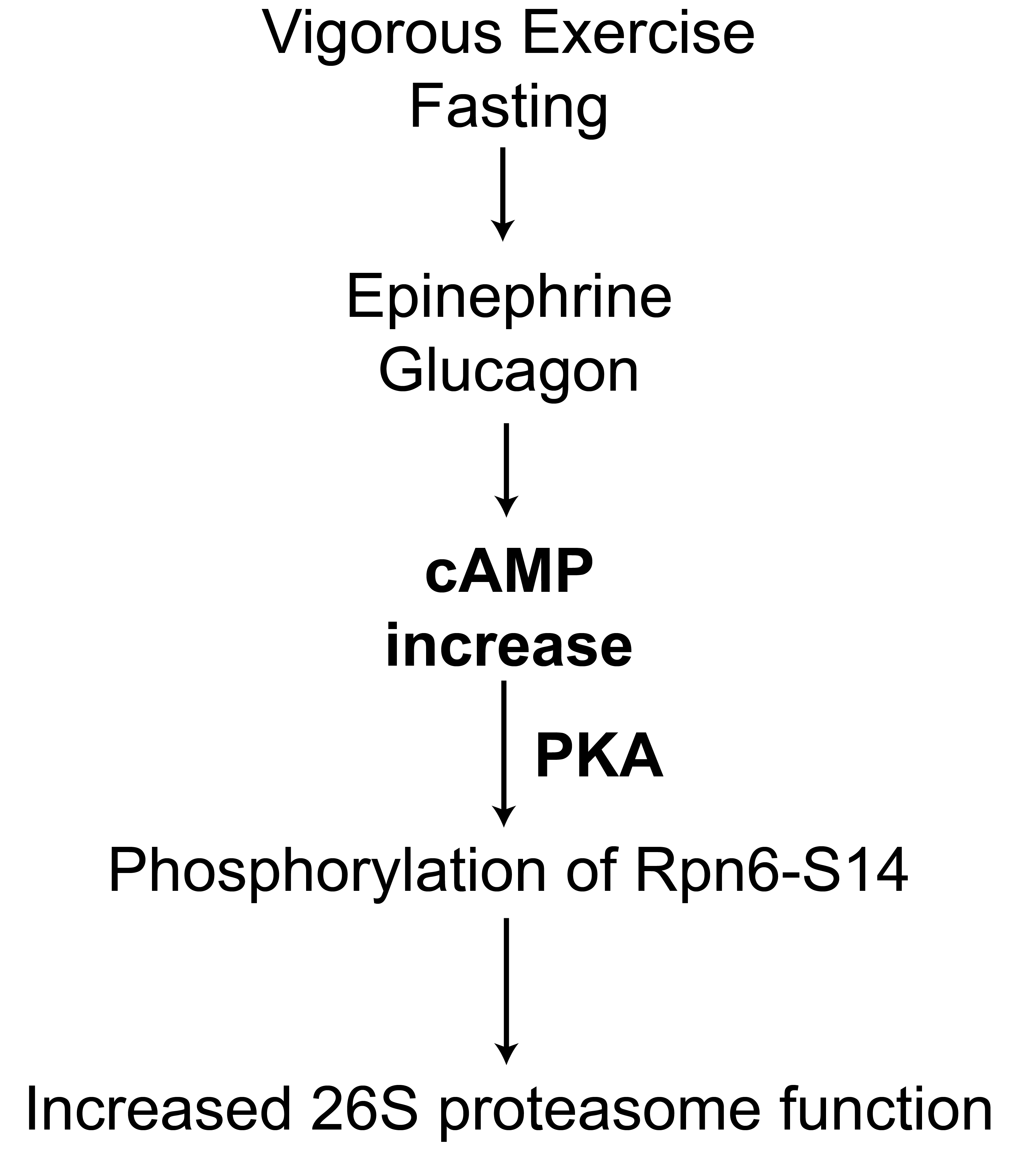
The body’s ability to adapt to changing conditions and shifting physiologic demands is essential to survival. To do so, each cell must be able to dispose of damaged or unnecessary proteins—a quality-control mechanism critical for cellular performance and for the health of the entire organism. A recent study in PNAS from the Goldberg lab shows that intense exercise, fasting, and an array of hormones can activate cells’ built-in protein disposal system and enhance their ability to purge defective, toxic, or unneeded proteins. These findings reveal a previously unknown mechanism used by the body to rapidly turn on the molecular machinery responsible for junk-protein removal, allowing cells to adapt their protein content to meet new demands. This mechanism, the study shows, is triggered by fluctuations in hormone levels, which signal changes in physiologic conditions. Read more about this story here and here.